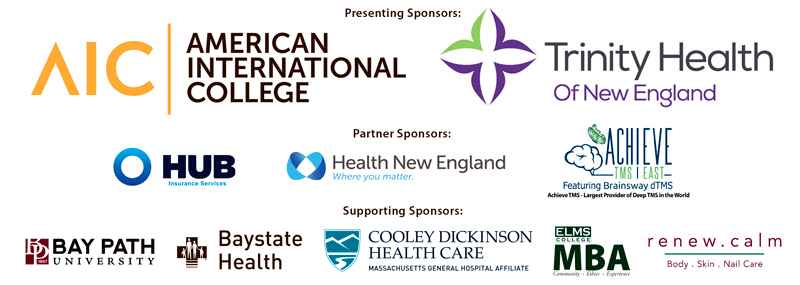Outside the Silos
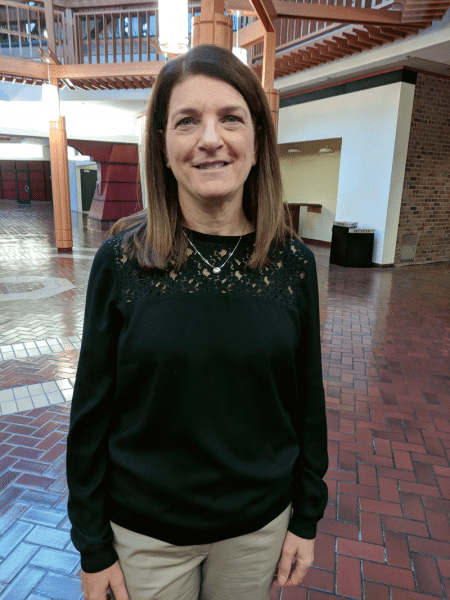
Anne Kandilis says collaboration between employers, educators, and economic-development leaders will be the key to the new job portal’s success.
Anne Kandilis spends a lot of time talking with area employers, so she knows there are jobs to be had. How to connect those jobs to people who can perform them — well, that’s an issue that has plagued Western Mass. for a generation.
“One local employer told me, ‘I’m about half the size I could be, but I can’t find enough skilled workers,” said Kandilis, Working Cities Challenge director at the Economic Development Council (EDC) of Western Massachusetts.
Furthermore, she noted, many of these jobs are blue-collar positions that don’t require a college degree, but the disconnect remains due to a perception among job seekers that it’s too difficult to retrain for a new career.
“For Springfield and the whole region, how do we break down those barriers that make it difficult for job seekers to find jobs, and for employers to find quality workers?” she asked. “That’s really the premise of Springfield WORKS.”
Springfield WORKS, a collaboration by city, community, education, and employer leaders to develop strategies to transform the region’s workforce ecosystem, was funded with a three-year grant from the Boston Federal Reserve Bank’s Working Cities Challenge grant. One concrete application of those strategies, an innovative job portal, was launched with fanfare last week during an event at Tower Square.
The event, titled “Innovations in Developing and Delivering a Workforce,” offered the first public presentation of the portal, which aims to connect job seekers and current workers with a roadmap to available positions. Importantly — because this has too often been the missing piece, Kandilis said — the portal will also serve as a resource on where to acquire needed skills with available training.
Statistics bear out why the effort is important. Specifically, the region’s low unemployment rate does not reflect the total number of people not participating in the labor force. Approximately 42 out of 100 Springfield residents aged 16 to 64 are not working, Kandilis said, and the initiative is a response to employers needing more qualified candidates to support operations and growth.
The 14 original partners in Springfield WORKS — the organization boasts more than three times that today — “all came together and said, ‘we have a workforce … not a crisis, but a mismatch between jobs and skilled workforce,” she told BusinessWest.
The problem isn’t isolated to the Pioneer Valley. At a recent meeting of Knowledge Corridor representatives, she noted, a speaker addressed this very skills gap, and CNBC recently called it one of the greatest threats to economic growth.
“The partners are really the key to making this happen,” she said, noting that an employer advisory group meets every month to discuss what’s working, what’s not, and where opportunities might exist to connect employers with job seekers. That’s where the new portal comes in.
Come Together
Springfield WORKS sprang out of a spirit of collaboration, as it explains on its website.
“By bringing together diverse stakeholder groups — including employers, secondary and post-secondary education providers, economic- and workforce-development professionals, workforce-training providers, community-based organizations, municipal government, and residents — the Springfield WORKS initiative holds all of us accountable for making sure the city of Springfield develops a bold and innovative strategy for our residents that have significant barriers towards full participation in the labor force,” the description reads. “This bold goal will be achieved by utilizing technology, collaboration, impact-driven coaching techniques, and data in order to empower residents to understand the opportunities that exist, the skills required to pursue those opportunities, and the training opportunities and support services that will enable them to be successful.”
Jobs are the goal, but check out some of the other words repeated in that mission statement of sorts. Skills. Education. Training. Of all the connections the job portal aims to make, those may be the most important.
When a user logs in, he or she can search for jobs among participating employers (about 20 to date — from major players like MassMutual, Baystate Health, and MGM Springfield to smaller companies — with more expected to join the effort) or by category (there are 17 listed, from sales to food service; from technology to healthcare).
Each job opportunity lists a series of ‘top skills,’ many of them soft skills like effective communication and customer service, and ‘prerequisites,’ including degrees or certifications necessary. Those listings then link to programs at Holyoke Community College, Springfield Technical Community College, and FutureWorks (again, more training partners are expected to sign on in the coming months) where specific programs can help a job seeker achieve those goals. In many cases, Kandilis said, employers are looking for someone with the right soft skills, and can train them for the rest.
“I think this is a game changer. It creates a conversation,” she told BusinessWest. “We don’t always have opportunities like this because of the way we operate in silos. This creates a huge opportunity for connections and strategies that are community-driven, and employers are a huge part of the conversation — because we start with the skills they need.”
Not often, she stressed, have employers, workforce-development agencies, colleges, and job-training entities come together to connect with job seekers at the same time.
“When the partners came together, they had to figure out what the problem was and what to do about it. The goal was to figure out how to collaborate and align our systems so job seekers can find them, and so employers who want quality employees can hire them,” she explained. “We have a skills and education gap, and we have supports, but they have not been aligned.”
The portal, however, is just one prong of a multi-faceted strategy to not only identify needs, but to put a big dent in the region’s unemployment figure, with Springfield WORKS as the backbone organization.
“By driving this through skills that are in demand, we’re able to align training and education in a way that has not been done before,” Kandilis said. “Every job is connected to a skill, and every skill is linked to a training if it’s available. So we’ll see which skills are aligning and matching up with training.”
From there, training programs can be broadened with a specific focus on where the greatest needs are. “We want to expand access to quality training, coaching, and mentoring, and make sure it aligns with the jobs that are in demand,” she went on. “And I’ve asked [employers] about not only the jobs open today, but the ones they hire for all the time.”
In short, she added, “our portal shows what jobs are available, but we also want to be the first step in a career ladder.”
Bridging the Gap
Kandilis did some quick math to show how the availability of quality jobs affects families, noting that a sustainable wage for Western Mass. is around $43,000 for a family of four. An $11-per-hour job comes out to $22,000 a year.
“That’s a big gap,” she said. “But we have a lot of jobs, and we have a lot of jobs that are not just entry-level jobs, but really pay well. Some start at $14 an hour, but you can make $18 within a year. Achieving economic stability, for someone who has been living in poverty, is a life-changing experience for the whole family.”
Springfield WORKS is tackling a number of related issues, from legislation that aims to make it easier to move from public assistance to the workforce to grappling with the need many individuals have for child care and public transportation at odd hours. Again, the partners will seek collaboration, hoping to connect job seekers with not only career opportunities, but the training and education necessary to land them.
“We want to change that number from 42% who aren’t working to 25%, and lower if we can get there,” Kandilis said. “We are excited. Everything is ready. We’ve worked really hard. Employers have been phenomenal in their participation. At the end of the day, we want to be the region that companies want to move to because of our workforce.”
Joseph Bednar can be reached at [email protected]




 While large in scale and scope, the unfolding Harvey Weinstein story nonetheless offers invaluable lessons to employers in every sector about their responsibilities and the steps they must take to protect their employees and themselves. That’s the main takeaway from this matter, according to several employment-law attorneys, who note that the main objective should be zero tolerance.
While large in scale and scope, the unfolding Harvey Weinstein story nonetheless offers invaluable lessons to employers in every sector about their responsibilities and the steps they must take to protect their employees and themselves. That’s the main takeaway from this matter, according to several employment-law attorneys, who note that the main objective should be zero tolerance.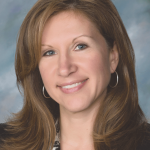
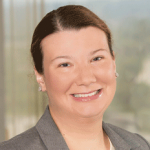

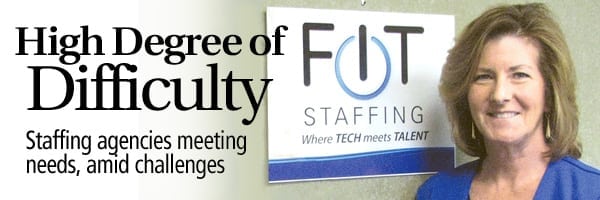

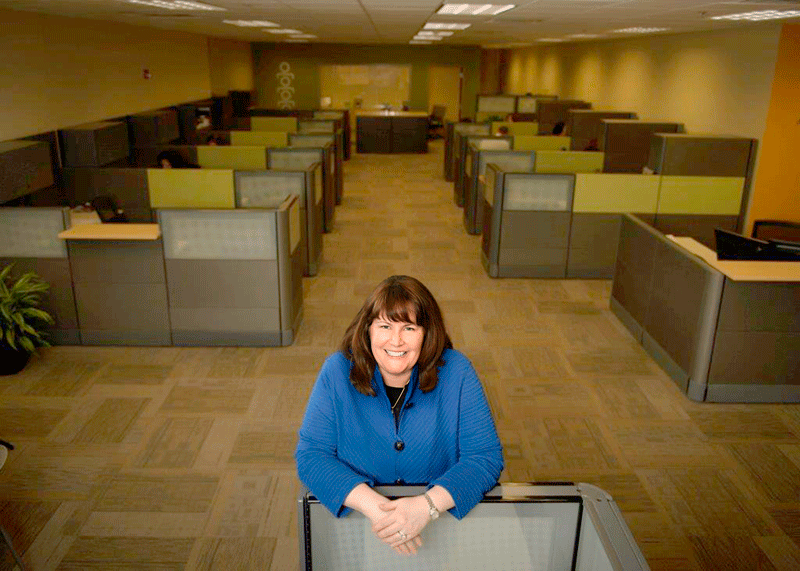
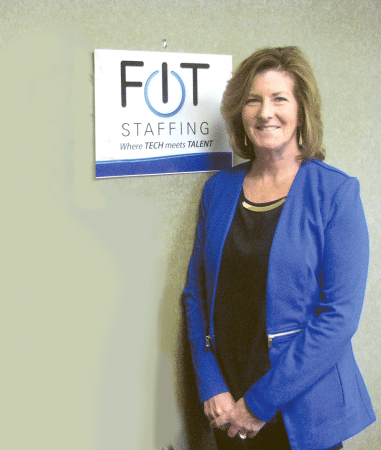
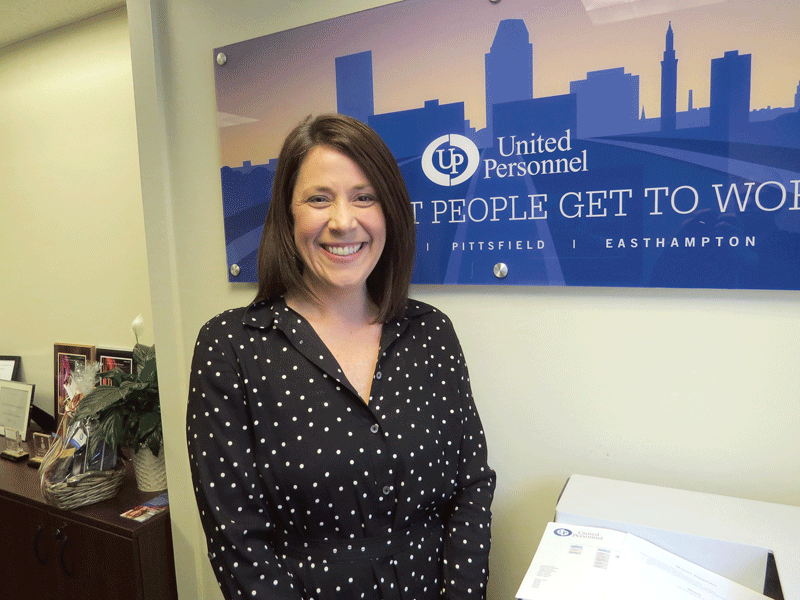
 An on-the-go society demands on-the-go technology, and the array of smartphones, tablets, wristband health sensors, and portable game systems only continues to expand as the major players compete for their share of a growing pie. In its annual look at some of the hottest tech items available, BusinessWest focuses on those mobile devices, which are connecting more Americans than ever, 24/7, to bottomless online resources and, sometimes, to each other.
An on-the-go society demands on-the-go technology, and the array of smartphones, tablets, wristband health sensors, and portable game systems only continues to expand as the major players compete for their share of a growing pie. In its annual look at some of the hottest tech items available, BusinessWest focuses on those mobile devices, which are connecting more Americans than ever, 24/7, to bottomless online resources and, sometimes, to each other.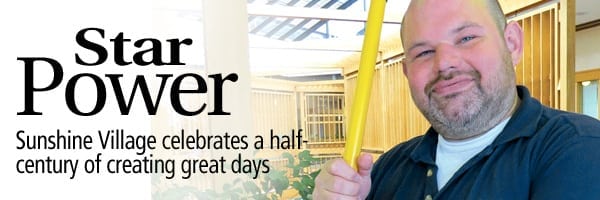
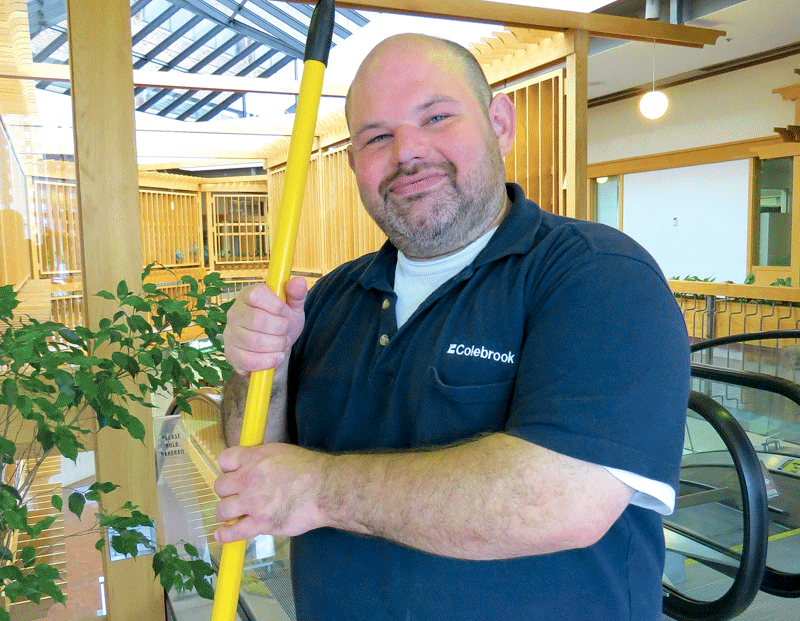
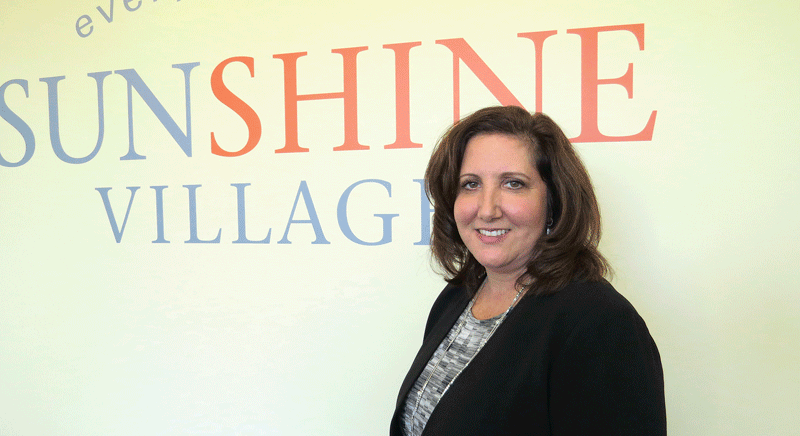
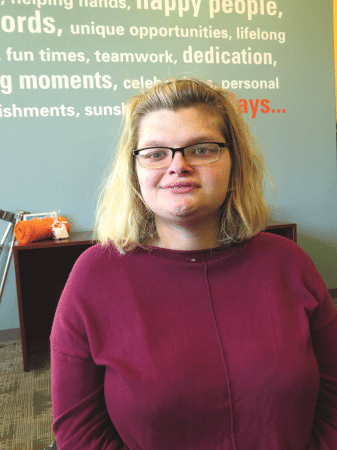
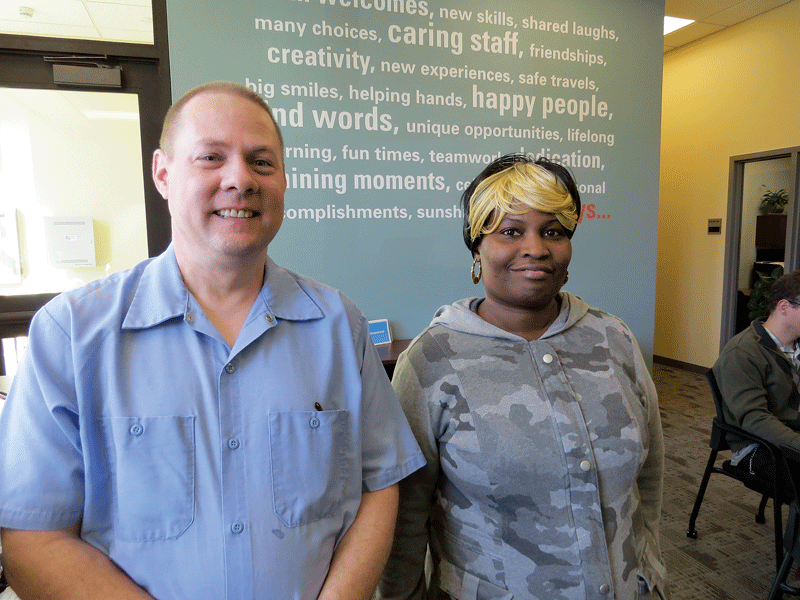

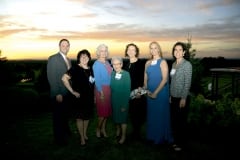

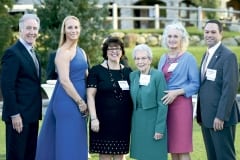
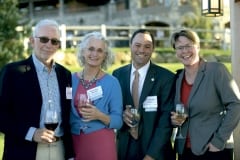
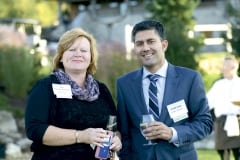

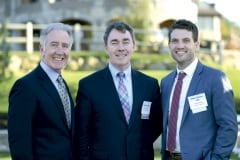
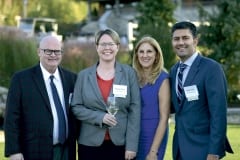
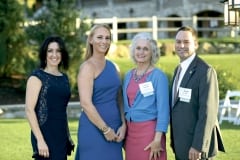
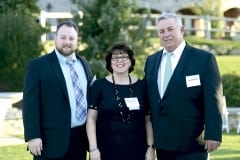

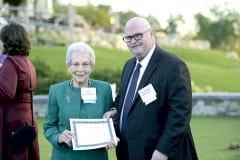
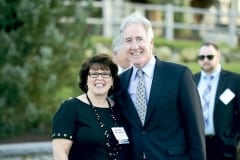


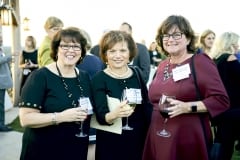
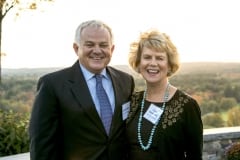
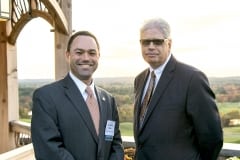

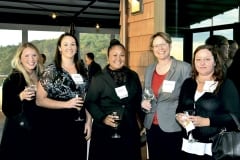
 There were more than 70 nominations for the inaugural Healthcare Heroes class, and each one of them was truly worthy of that word ‘hero.’ Each one is to be considered a winner in some respect.
There were more than 70 nominations for the inaugural Healthcare Heroes class, and each one of them was truly worthy of that word ‘hero.’ Each one is to be considered a winner in some respect.